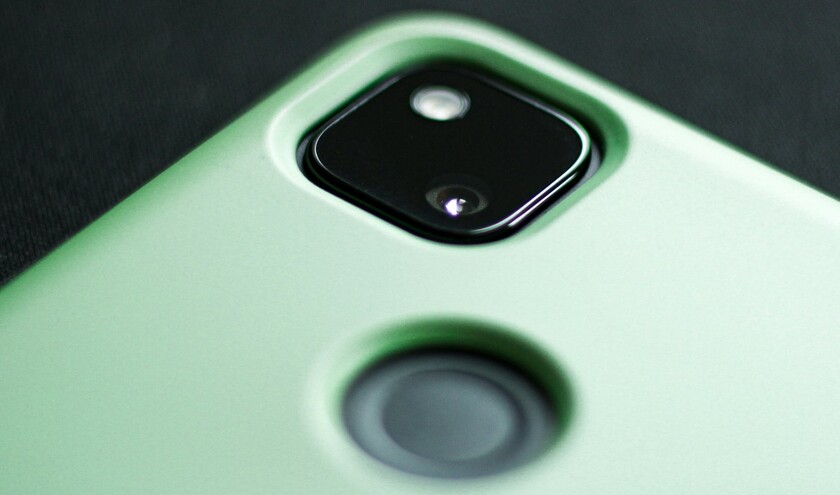A Unison survey of thousands of health workers from across the UK – released to coincide with the first day of the union's annual health conference, which opens in Liverpool – has found 14% have experienced unwanted and intrusive filming or photography in the past year.
Experiences have included people using their phones to film health workers on duty or giving emergency care as they treat patients for cardiac arrests and then that footage being livestreamed or put on platforms such as TikTok.
Phone cameras are also being as used as the digital equivalent of "rubbernecking", says the union, with one member of the public brazenly filming a victim of a car accident with serious injuries despite pleas from staff to stop. The culprit had to be escorted from the scene by police.
NHS workers say phones, webcams and other hidden devices are being commonly used, often accompanied by threats to intimidate staff or as a bargaining tools, to attempt to get medication prescribed.
Incidents are occurring in hospitals, patients' homes and even during medical consultations, with the footage being livestreamed to relatives who sometimes interrupt and disagree with diagnoses being given by clinical staff.
Respondents have made clear that when asked to stop, some people have become confrontational, refused to delete footage or have used the threat of posting to social media to make unsavoury demands of health workers.
The incidents form part of a wider pattern of harassment, abuse and violence against NHS staff by patients, their families, hospital visitors and members of the public, Unison's research found.
The union surveyed more than 14,000 health workers about their experiences in the past year, with 19% reporting they had been subject to violence as they went about their jobs.
The research found 41% of those who had been attacked reported a punch being thrown, with kicks (35%), slaps (27%) and spitting (36%) also relatively common.
Unison says health trusts must send a clear signal that attacks on, or intimidation of, staff in any form are completely unacceptable.
In addition, the government should tighten the law to make it clear that workplace harassment, even if conducted online, is still an offence for which perpetrators can be prosecuted, the union says.
NHS trusts and health boards must ensure signs are displayed warning that anyone filming interactions with their staff risks being ejected from the premises. Enhanced training for security staff and the whole NHS workforce as to what is, and is not, acceptable should also be provided, adds the union.
Unison general secretary Christina McAnea said: ‘Health workers must be able to do their jobs free from harassment, unwanted and intrusive filming and associated threats of violence. Their work is tough enough as it is, without people shoving phones in their faces and putting them under a whole new level of pressure.
‘Harassing NHS workers through social media, or threatening to post material online, is completely unacceptable. Employers and the government must take this issue seriously, provide solid support and intervene properly, not abandon staff to tackle the online bullies themselves.
‘Employers should make it clear that filming staff at work without consent is harassment and that they will come down hard on anyone who indulges in this kind of threatening anti-social behaviour.'



